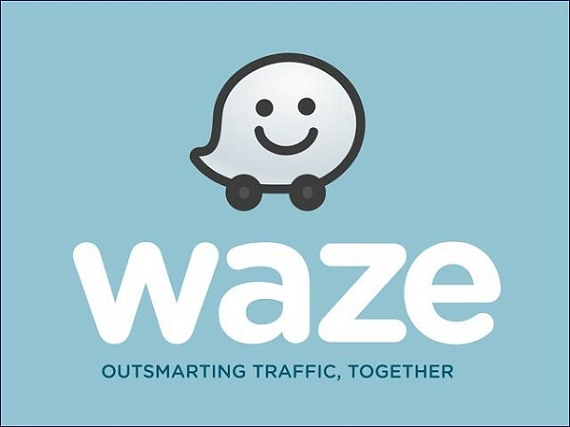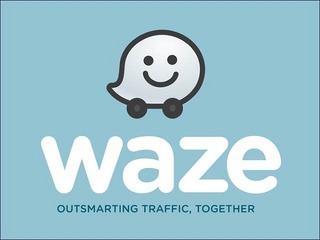
(Updated to reflect comment from Google)
At one point, three of the biggest Internet properties out there were vying to buy up Israeli social traffic app Waze. And, now, it seems to have come down to just one.
Google is set to acquire Waze for $1.3 billion, according to a report from Israel-based newspaper Globes on Sunday.
The $1.3 billion price tag makes sense, given that Waze was said to be seeking more than the $800 million to $1 billion dollar amount that Facebook, one of three companies said to be interested in purchasing the company, had been looking to spend. It was also reported that Google seemed to be interested in being the company to best that bid.
In addition to the money issues, there was another sticking point with Facebook: Waze wanted its employees to continue working in Israel, which Facebook, apparently, would not agree to. Google, on the other hand has, has purchased two Israeli companies, personalized Website gadget developer Labpixies for $25 million, and interactive video-clip developer Quiksee for $10 million.
Given how important remaining in Israel was to Waze, it would seem to be apparent that the company will remain independent from Google, at least for the time being.
The other company that had been showing interest was Apple. It was said that Apple even made an offer for the company, one that Waze was rumored to have turned down, though Apple CEO Tim Cook insists that no bid was actually made.
The acquisition could be announced as soon as Tuesday, sources told AllThingsD Sunday.
Waze encourages drivers to get into their cars and share driving conditions and experiences with other members of the online community. In return, Waze provides real-time information on the circulation and short-cuts, while making suggestions for stops along the way.
It’s easy to see why Waze is a hot commodity, as the company is growing quickly. It currently has tripled it number of users in the last year, from 15 million to 45 million, and was downloaded 1.5 million times worldwide in March. The app has 10% of the U.S. navigation app marketshare.
It’s also easy to see why both Facebook and Google would be so heavily interesed in buying it, as both companies are looking to expand their mobile offerings.
Google has been updating its mobile apps to be quicker and easier to use.
The company just introduced a couple of new features to make its mobile searching even faster: quick links, which will give a user relevant links within a website underneath a search, and Quick view, which allows users to see a preview of the page without having to click into a new page to see if is what they were looking for.
In March, Google released new versions of Chrome for Android and iOS, with an ephasis on speed and simplicity.
Chrome browers for Android were made to be 25% faster due to a new Javascript engine and expanded support for HTML5 features, like CSS Filters, while users of Chrome on the iPhone and iPad were given the ability to put their search queries into an omnibox. This allows them see their search term, instead of the search query URL.
The most obvious use that Google has for Waze is in its Maps app, which debuted on iOS this past December after a public falling out with Apple.
Beyond being a big win for Google, this is also a big loss for Facebook, a company that does not even have its own mapping service.
Buying up Waze would also have given Facebook another platform to display its well-performing mobile ads.
Waze, which was founded in 2007, has almost 50 million users. The company has raised $67 million, most recently $30 million in growth funding in October 2011, led by Horizons Ventures Hong Kong, which manages the private venture investments of Li Ka Shing in the technology sector, the Kleiner Perkins Caufield & Byers (KPCB) Digital Growth Fund and iFund.
“We don’t comment on rumor or speculation,” a Google spokesperson told VatorNews.
Waze could not be reached for comment.
(Image source: http://embassies.gov)





















